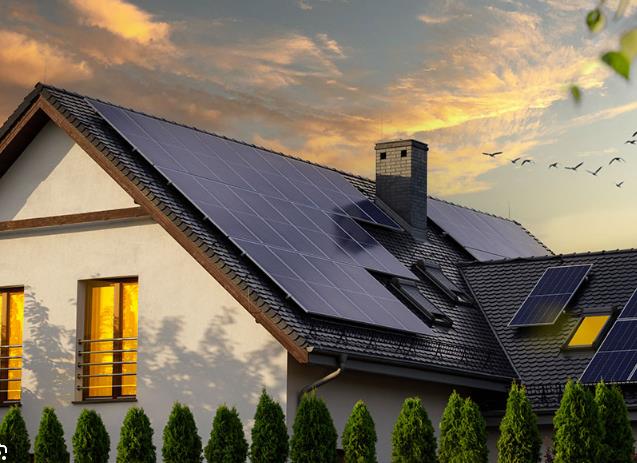Why Do Solar Cells Need an Inverter?
Harnessing the sun's power through solar cells marks a pivotal shift toward renewable energy. Yet, tapping into this green power source involves more than just mounting panels on your roof. One critical component in the solar energy system puzzle is the inverter. Let's dive into the specifics of why solar cells need an inverter and the key role this device plays in transforming sunlight into usable electricity.

The Basics of Solar Power Generation
Solar cells, the building blocks of solar panels, generate electricity by converting sunlight into direct current (DC) energy. While impressive, there's a catch: most homes and the broader electrical grid operate on alternating current (AC) energy. Herein lies the fundamental reason why do solar cells need an inverter?—to bridge the gap between the DC power produced by solar panels and the AC power used by most electrical devices and systems.
Converting DC to AC: The Inverter’s Main Job
An inverter's primary function is to convert DC power from solar panels into AC power. This conversion is crucial because AC power is what lights up our homes, powers our appliances, and runs our gadgets. Without an inverter, the DC energy produced by solar panels would be largely unusable for standard electrical devices, limiting the efficiency and applicability of solar energy systems.
Enhancing Energy Efficiency
Modern inverters do more than just convert current types; they optimize the energy conversion process. High-quality inverters can dramatically improve the efficiency of energy transfer, ensuring that minimal power is lost during the conversion from DC to AC. This efficiency is vital for maximizing the electricity generated by solar panels, directly impacting the system's overall cost-effectiveness and sustainability.
Monitoring and Management
Beyond conversion, inverters are pivotal for system monitoring and management. They provide valuable data on energy production, system health, and efficiency, allowing for real-time tracking and maintenance. This capability ensures that solar energy systems operate at peak efficiency, alerts owners to potential issues before they escalate, and facilitates easier troubleshooting and repair.
Safety and Compliance
Inverters also play a crucial role in ensuring safety and regulatory compliance. They can detect abnormalities in the electrical grid, such as power outages, and automatically disconnect the solar system from the grid to prevent backfeeding. This safety feature protects utility workers and the system itself, aligning with regulations that mandate such protective measures in grid-tied solar systems.
The Future of Solar Inverters
As solar technology advances, so too do inverters. The latest models offer features like smart energy management, seamless integration with home energy storage systems, and even the capability to function during grid outages when paired with battery storage. These innovations not only enhance the solar energy system's performance but also contribute to a more resilient and sustainable energy grid.
In the quest for a greener future, understanding the critical role of inverters is essential. They are not just ancillary components but the heart of a solar energy system, enabling the seamless integration of solar power into our daily lives. For those pondering why do solar cells need an inverter?, the answer lies in their indispensable role in converting, optimizing, and managing solar energy, making it accessible and usable for homes, businesses, and beyond.